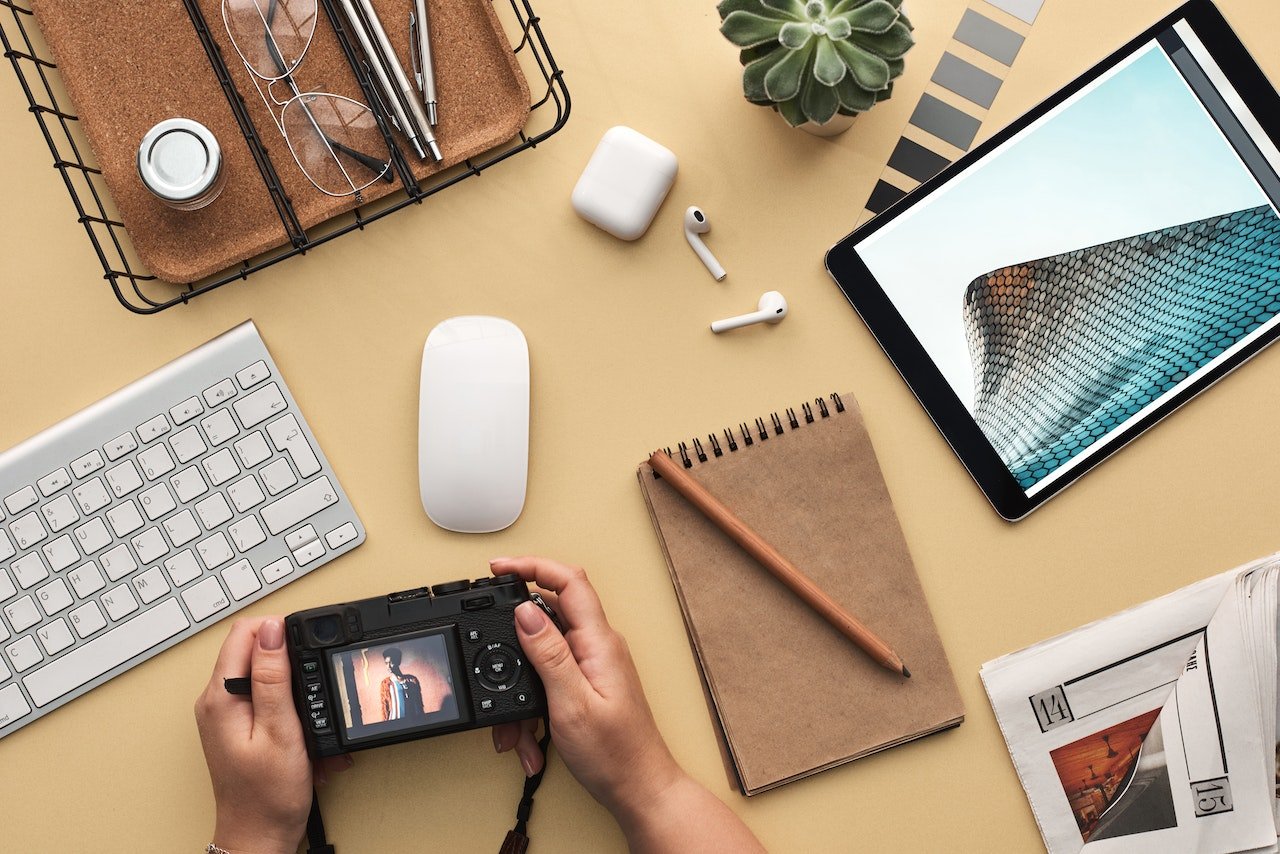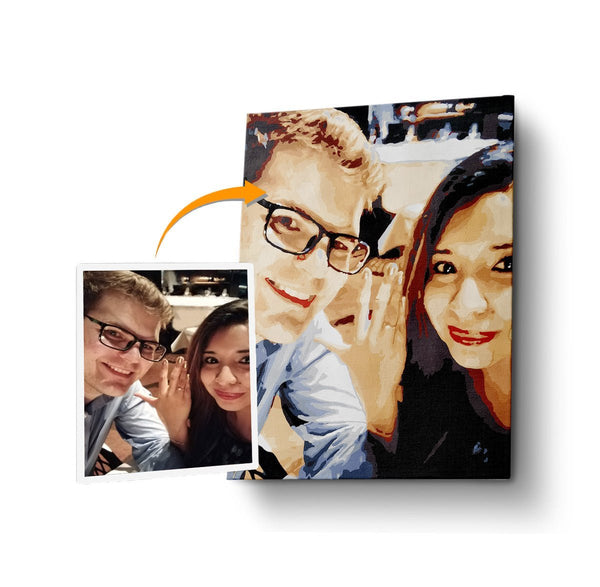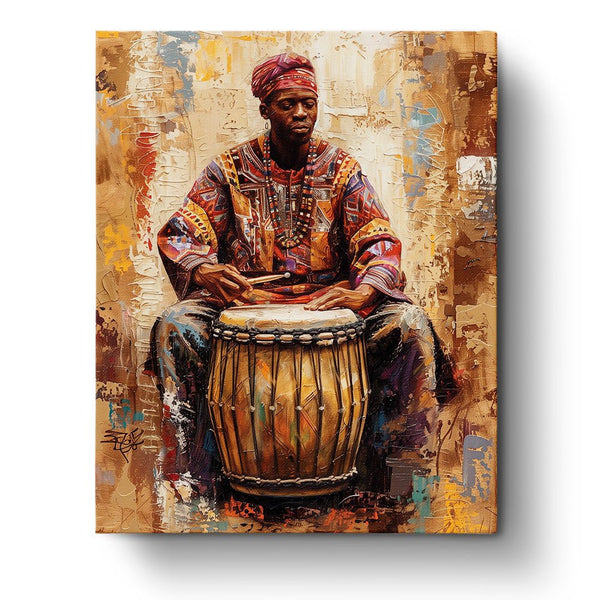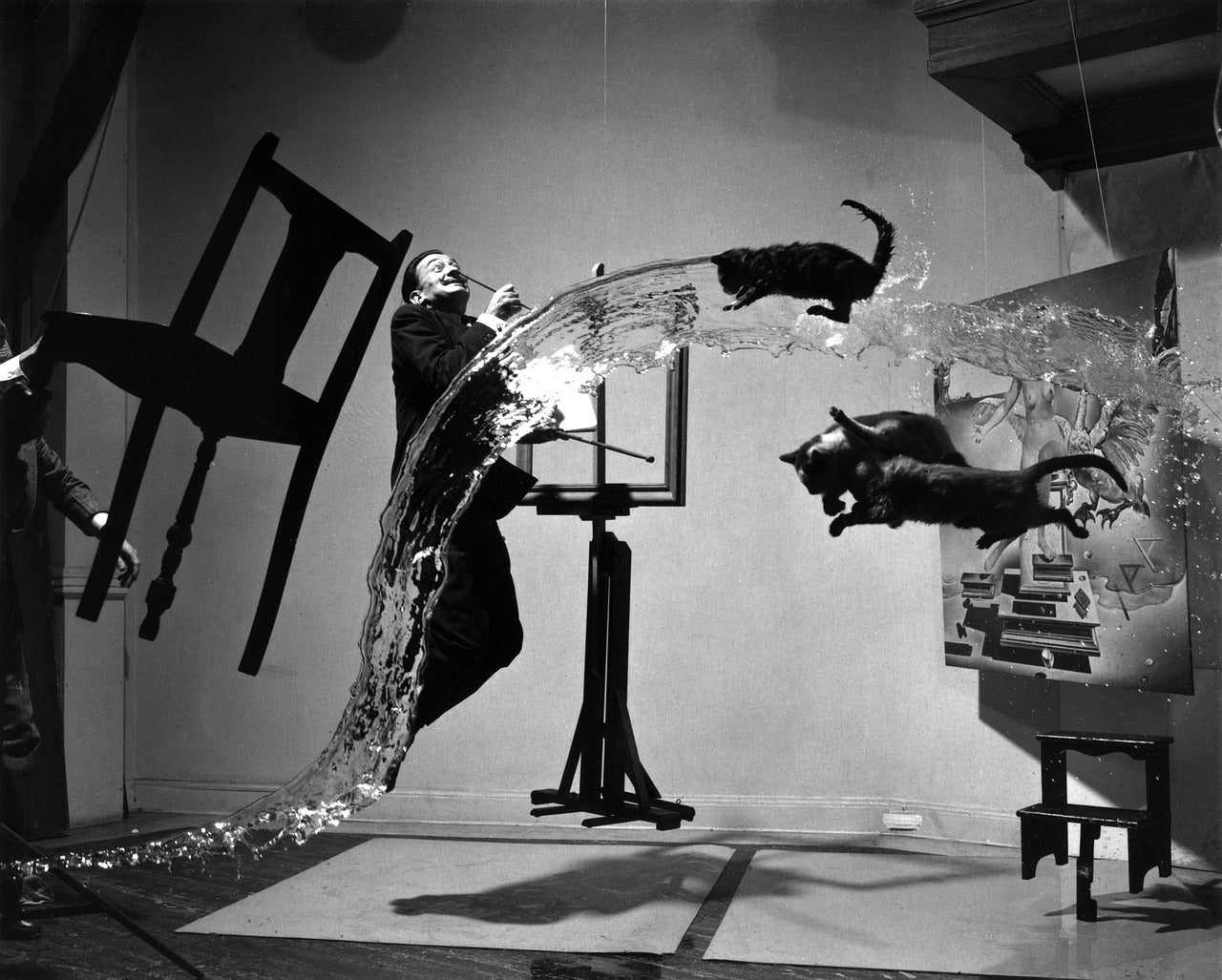
Developing Creativity in the Age of Technology and Content
There is a reason why students nowadays choose gameplay over literature. Video games are designed with a lot of care and imagination to be as entertaining, fascinating, and creative as possible, and to allow individuals, particularly the young ones, to let out their artistic selves and exhibit themselves in manners they never imagined possible. It is hard to comprehend technology's full potential unless we begin to consider it as a canvas rather than a television. Ultimately, we should stop viewing computers as machines and instead as new media for creation.
Nowadays, we are significantly emphasizing the necessity of children having knowledge and skills in science, technology, engineering, and mathematics, or STEM, inside and outside the classroom. Undoubtedly, technology has become an integral element of our culture, and technical improvements have been swift. Conversely, given the speed and impact of technological advances, some of the most critical abilities for individuals (especially students) to develop are adaptability and versatility.
These two traits, however, cannot be acquired without creativity. With that in mind, many, including you, might ask, what is the purpose of developing creativity in the 21st century? Is it still relevant? Why is it important? All these questions and more will be answered in today's article. So, keep on reading if you wanna learn more.

We live in a time when technology and machines can perform vital jobs in all facets of our lives better, quicker, and inexpensively. We even have artificial nurses that can assist doctors in diagnosing and treating patients. So, how can we remain relevant in a world where artificial intelligence may be our most serious imminent threat? As artists, we believe this may be accomplished by concentrating on creativity, compassion, and the traits that characterize our humanity; characteristics, talents, and perspectives through creative thinking.
Creativity is becoming increasingly essential in the twenty-first century; according to a 2016 World Economic Forum survey, chief human resources and strategy officers from prominent global businesses believe it will be the third most crucial asset for employment in 2020. Nonetheless, we still have a small understanding of the ways to develop creativity, as well as how this may be altered in today's digital era.
What is Creativity?
If you seek a definition of creativity, you'll discover something like "applying your imagination to develop a new concept or item." Most often, there will be a connection to the invention of an artistic kind. While this is accurate, it does not appear to give credit to the entire breadth and extent of creativity. After all, creativity may be located in much more settings than a paintbrush, a paper, or a musical instrument.
Creativity is not just about creation and production, it is also about innovation, which is a vital trait of human development. It is not just about being artistic and imaginative, it is also about being flexible, efficient, logical, and able to see the bigger picture.
Accordingly, there are thousands, if not millions, of ways to define creativity. It is not singularly defined because each of us has our own, unique creative streak, therefore, each creative trait is different and defined differently, too.

How Can Creativity be Developed?
Creativity is not a secret ability that can be inherited. Creativity is a skill that can be taught, practiced, and perfected. Using tools and technology can assist you to become more creative, yet one of the most important things you can do is foster your desire to come up with fresh or groundbreaking ideas. Here are some tips to follow as you go through the process of developing creativity:
1. Step out on your comfort zone and commit:
When it comes to developing your creative ability, you must be prepared to take challenges to improve. While your attempts may not always result in a triumph, you will be honing your creative abilities and developing skills that will benefit you well in the future.
While showing yourself out there and stepping out of your comfort zone can be scary and intimidating, it will pay off. Have you heard the quote, "Comfort is the enemy of growth?" Well, it's because being comfortable is only good for the short term without a long-term benefit.
Then, you need to remember that commitment is important in the process. Creativity is the goal and the tool for developing creativity is commitment. Learn to dedicate yourself to the development of your creative talents. Do not delay your efforts. Set goals, solicit the assistance of others, and schedule each day to improve your talents. For instance, if you want to study and improve your artistic skills, make time for them regularly.

2. Practice brainstorming and widening your perspective:
Allow enough time to generate as many options or procedures as possible. When brainstorming, consider every alternative, even if you don't believe it will work. Analyzing each phase may lay the groundwork for the correct response. Make a list of your most powerful ideas.
Once you've completed your list, consider tackling the subject from a different angle. Refreshing your perspective may entail considering the issue from the viewpoint of someone else. Consider looking from the perspective of a person who thinks more instinctively, if you are more analytical in your problem-solving style.

3. Build good habits and a proper mindset:
You may kickstart your creativity by expanding your depth of knowledge, which will eventually act as a toolbox for your creativity. You may also create environments — or surroundings – that encourage innovation. This includes creating environments that encourage innovative problem-solving and adopting regulations, incentives, and motivations that encourage creative behavior.
Most importantly, you may develop the mindset that issues are possibilities for creative solutions. With such an approach, you are ready to push beyond hurdles and simple solutions to generate unique ideas.

Why is Developing Creativity Essential?
In this time of technology, almost everything can be found instantaneously– guides, how-tos, we can imitate almost everything thanks to the internet. On the other hand, there is a downside to this one– we become lazy and the importance of rigor is being overlooked nowadays.
However, more and more research studies show that developing creativity is more essential than ever. After all, it is one of the humanistic traits that cannot be replaced by AI or machines. Accordingly, creativity, ingenuity, and adaptability are required of nearly everyone who earns a job, from graphic designers to production line employees, and healthcare agents to contractors.
So, the next time you look down on creative skills, think about how they are relevant in every field that you can think of outside the arts. Such skills are equally necessary in the workforce. Work engagement is increased by creativity. Consider a workplace where employees are encouraged to strive for excellence and consistently find purpose in their profession - a company that encourages innovation and creativity makes this feasible.
Moreover, your creative abilities help you to be more successful in the long run. While it is hard to foresee exactly what employment will be available in the future, companies and individuals that continually adapt - remember "unlearn, relearn" - may flourish and survive.

Creativity is a cognitive element that defines what it means to be human. Change is a normal element of existence, and people have a special ability to flourish in changing environments. Change necessitates new habits, new perceptions and ways of thinking, unique methods, inventiveness, and creativity. We actively experience the environment with our senses, developing an understanding and responding to its needs in fresh and imaginative ways.
This ingenuity may be witnessed across humanity's history in the creation of innovative technologies, the invention of new social and communication frameworks, and the production of aesthetic forms that bring people together within society. Creativity is the hub that ties all else together in both personal and community experiences.
Final Thoughts
Many employers reward innovation. Whatever field you practice in or anticipate working in, you will discover that creativity may benefit you with both daily activities and long-term objectives. Developing creativity in your job tasks will assist you in developing fresh and effective answers to frequent difficulties in your career. We hope that this article has convinced you to commit yourself to developing creativity.





